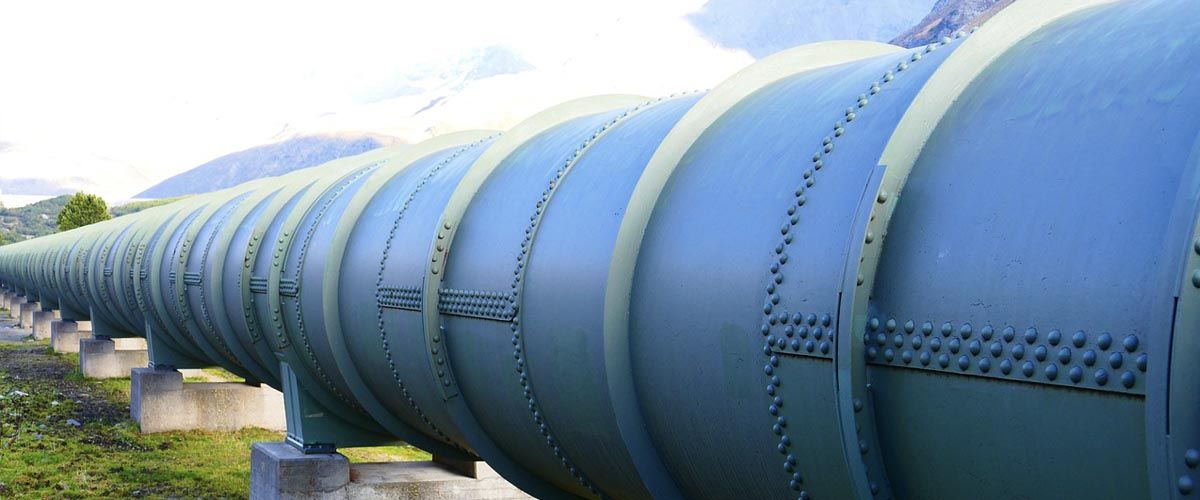contest winners (2024)

Alba Wermuth Hernández
Universidad de Salamanca
We need to be more proactive in the future!
Since Olga Khakova’s visit to our University, USAL in Salamanca, during the Politics of the Global South Course (21.03.24), this sentence lingered in my thoughts. It reminded me of how simple it is to make statements and how difficult it actually is to implement them. Given that this sentence is straightforward, clear and concise I wondered how impactful it could be. In addition to that, I found it remarkable to use this sentence in a room full of young adults, the literal future, in the context of energy security and the geopolitics of energy, which is a topic in a way closely related to the climate crisis.
Moreover, This sentence made me think about the dilemma of my generation, who will inherit an uncertain environmental future, and the current inconsistency between the official political rhetoric about climate proactivity and its practical application. It is this discrepancy between preaching proactiveness and the actual implementation that I believe worries the younger generation. The invasion of Ukraine by Russia is a perfect example of how proactiveness was not in the minds of European leaders. Nor was the climate crisis. On the contrary, the Russian pipelines supplying Europe with oil have served as an indirect source of funding for this terrible conflict as well as creating a larger dependency of European countries on Russian resources1. In addition to that, and if we ignore the moral implications that these pipelines have brought, we must also argue that the Nord Stream 2 pipelines are not proactive at all when looking at it from a climate justice perspective but rather were a slap in the face of everyone fighting for a clean energy transition. While moving to clean energy may provide barriers2, such as guaranteeing energy dependability , the conflict in Ukraine has highlighted the unpredictability of old energy sources. This highlights the need to prioritize serious climate action over short-term economic and geopolitical objectives.
With Germany serving as an example, which is particularly relevant in this regard, Gerhard Schröder’s attitude to the Soviet Union turned out to be a grave error in terms of putting the nation’s reliance on key energy resources under the control of an autocratic state3. What was intended as a “harmless” approximation of Europe to Russia, turned out to be a grave mistake in many senses that could have been avoided if proactiveness had indeed been in the mind of German leaders. It would be wrong to put all responsibility on former Kanzler Schröders shoulders although he has been benefiting from the oil supply from Russia to Germany by being Chairman of the Nord Stream 2 Shareholders’ Committee 4. No, the responsibility also falls on Angela Merkel and the at the time finance minister Olaf Scholz, who in 2014, after the annexation of Crimea by Russia, could have stopped the cheap supply of Russian oil to Germany and reduced the German but also European dependency. This incident could have served as a warning sign in order to prioritise proactiveness and think more sustainably. However, the decision of these leaders was to show us, that when push comes to shove, proactiveness and sustainability are no priorities nor that it matters who is supplying us with resources. As a result, we have witnessed
According to Khakova, we can see traces of proactiveness in the Department of Energy Security. And while she might be right in some aspects, I cannot help but feel like the change could be much greater. The proactiveness, especially in climate crisis-related issues is deeply linkedliked with energy security which indicates to me that we cannot be certain that we will be well-equipped in for the eventuality of another energy crisis, as long as we don’t see a greater political will among the world leaders for tackling the climate crisis. It is the double standard and paternalaistic approach countries like Germany take on taking decisions like the two pipelines while other european countries warned against the possible consequences5, in order to prioritize short term profit.
I suppose that in summary, my aim for this 800-word essay is to advocate for some sort of moral standard for countries that can afford to do so (like Germany) and to break out and not further succumb to capitalist traps of abundance. We need new approaches, and as Khakova claimed, we need more proactiveness, if we want to create a better world for future generations to come.





